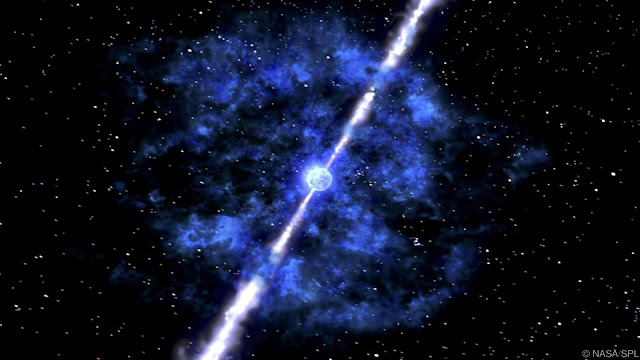Such Facts About Earth :
1. Plate Tectonics Keep the Planet Comfortable.
2. Earth is Almost a Sphere.
3. Earth is Mostly Iron, Oxygen and Silicon.
4. 70% of the EARTH'S SURFACE is Cover in water.
5. The Earth’s Atmosphere Extends to a Distance of 10,000 km.
6. The Earth’s Molten Iron Core Creates a Magnetic Field.
7. Earth Doesn’t Take 24 Hours to Rotate on its Axis.
8. A year on Earth isn’t 365 days.
9. Earth has 1 Moon and 2 Co-Orbital Satellites.
10. Earth is the Only Planet Known to Have Life.
Human Population of the Earth:
6,660,000,000 (6.66 billion) as of April 2008
World Population Growth:
1.14% - 2006 estimate (this means at the current rate of growth, the earth's population will double in 61.4 year)
Countries of the World: 195
Earth's Circumference at the Equator: 24,901.55 miles (40,075.16 km)
Earth's Circumference Between the North and South Poles: 24,859.82 miles (40,008 km)
Earth's Diameter at the Equator: 7,926.28 miles (12,756.1 km)
Earth's Diameter at the Poles: 7,899.80 miles (12,713.5 km)
Average Distance from the Earth to the Sun: 93,020,000 miles (149,669,180 km)
Average Distance from the Earth to the Moon: 238,857 miles (384,403.1 km)
Highest Elevation on Earth - Mt. Everest, Asia: 29,035 feet (8850 m)
Tallest Mountain on Earth from Base to Peak - Mauna Kea, Hawaii: 33,480 feet (rising to 13,796 feet above sea level) (10204 m; 4205 m)
Point Farthest From the Center of the Earth - The peak of the volcano Chimborazo in Ecuador at 20,561 feet (6267 m) is farthest from the center of the earth due to its location near the equator and the oblateness of the Earth.
Lowest Elevation on Land - Dead Sea: 1369 feet below sea level (417.27 m)
Deepest Point in the Ocean - Challenger Deep, Mariana Trench, Western Pacific Ocean: 35,840 feet (10924 m)
Highest Temperature Recorded: 135.8°F - Al Aziziyah, Libya, September 13, 1922 (57.7°C)
Lowest Temperature Recorded: -128.5°F - Vostok, Antarctica, July 21, 1983 (-89.2°C)
Water vs. Land: 70.8% Water, 29.2% Land
Age of the Earth: 4.5 to 4.6 billion years
Atmosphere Content: 77% nitrogen, 21% oxygen, and traces of argon, carbon dioxide and water
Rotation on Axis: 23 hours and 56 minutes and 04.09053 seconds. But, it takes an additional four minutes for the earth to revolve to the same position as the day before relative to the sun (i.e. 24 hours).
Revolution around Sun: 365.2425 days
Chemical Composition of the Earth: 34.6% Iron, 29.5% Oxygen, 15.2% Silicon, 12.7% Magnesium, 2.4% Nickel, 1.9% Sulfur, and 0.05% Titanium
How Long will life survive on planet Earth
All things must pass. That includes life on Earth, which will surely be wiped out eventually. But how long does it have?
The fossil record tells us that life on Earth has lasted at least 3.5 billion years. In that time it has survived being frozen, clobbered by rocks from space, mass poisoning, and even lethal radiation. Clearly, it's hard to completely sterilise the planet.But there's no shortage of potential apocalypses. Which of them will finally render the Earth barren..
Volcanic apocalypse
Timeframe: 0-100 million years? MaybeProbably the nearest life has come to ultimate destruction was 250 million years ago, during the end-Permian mass extinction. The event obliterated perhaps 85% of all species living on land - and 95% of all ocean-dwelling species.
Gamma-ray burst
Timeframe: there's a nearby binary star called WR 104 that might produce one within 500,000 GRBs are formed by intense explosions in space, for instance when a giant star explodes or two stars collide. They can last a fraction of a second, or several minutes. In theory a long GRB could obliterate Earth's ozone layer,leaving the life on the surface exposed to deadly ultraviolet radiation..
WANDERING STARS
For billions of years, the planets of our solar system have been performers in a stately dance around the sun. But what would happen if another star came barrelling through? The idea might sound implausible, but in February 2015 researchers led by Eric Mamaiek at the University of Rochester in New York announced that it has happened and surprisingly recently.





No comments:
Post a Comment